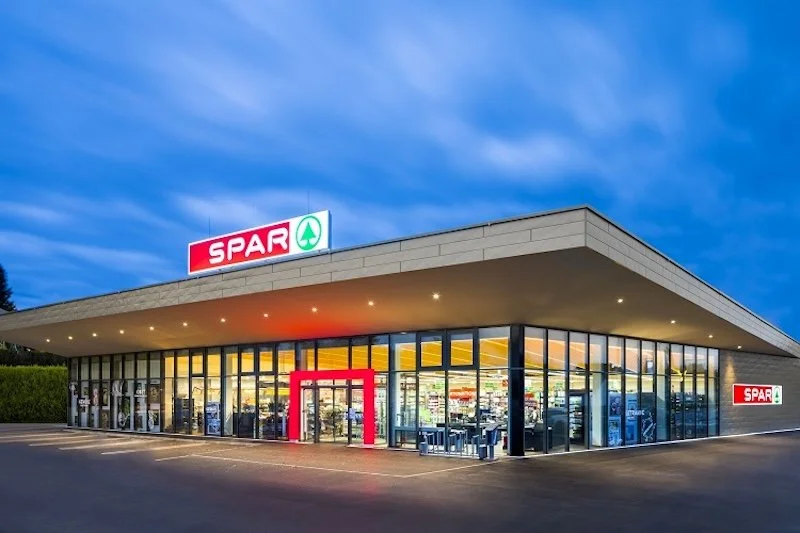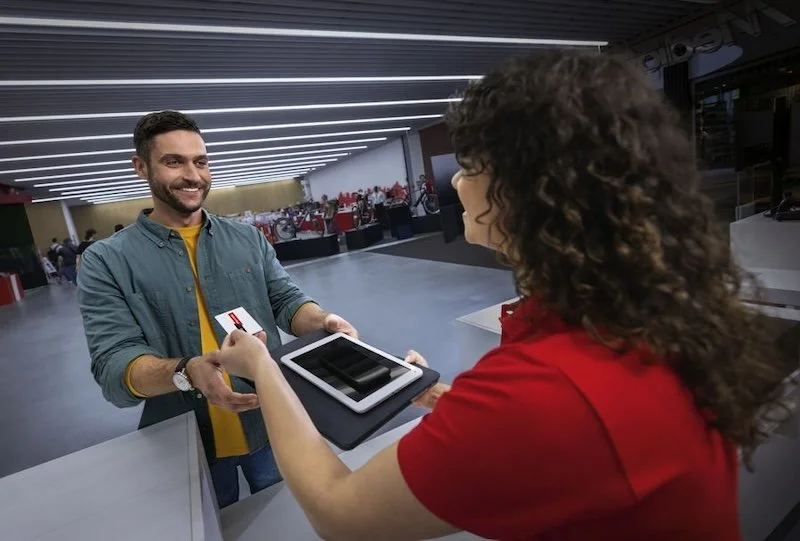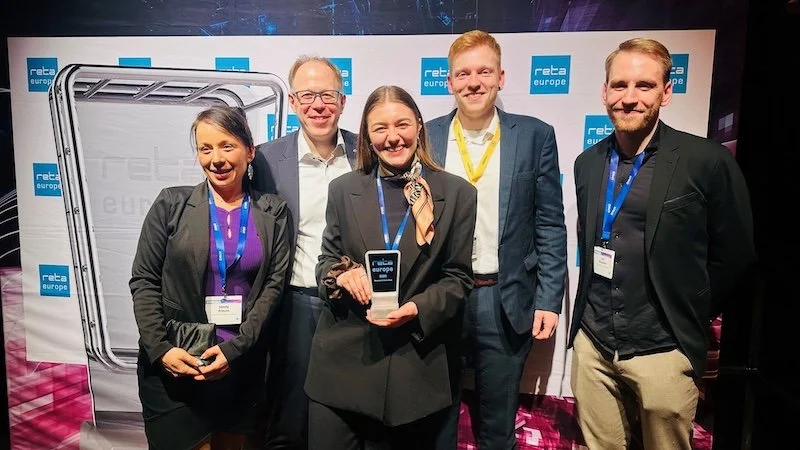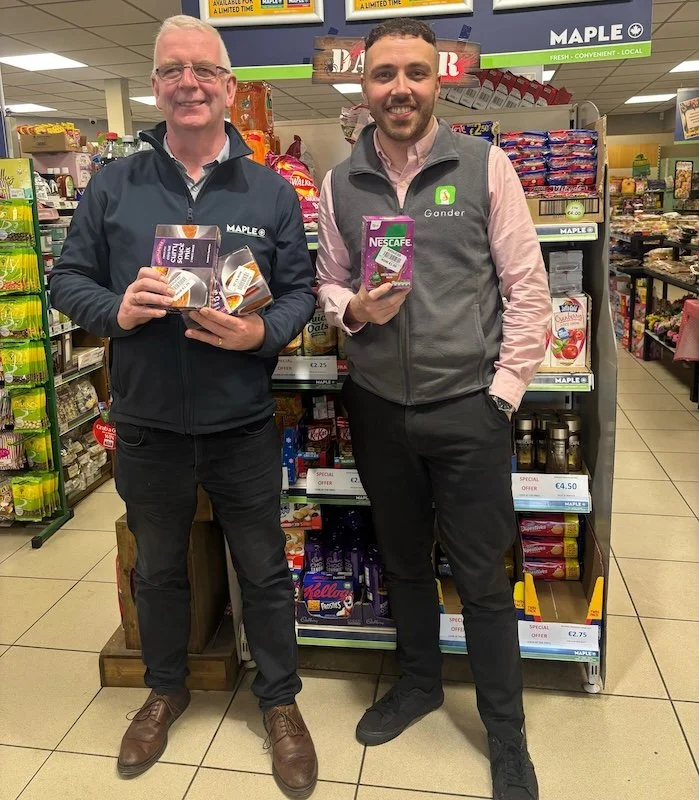Interview: Dave Ashwell, MD, AO Logistics
RTIH gets the lowdown on how online electrical retailer AO has been faring during the coronavirus outbreak.
RTIH: What have been the most significant moments for AO during the coronavirus outbreak?
DA: The acceleration towards shopping online and our role in helping customers adjust to life in lockdown has been significant throughout the pandemic. We saw customers turning to us for products which became even more essential now that our homes have become our offices and schools.
For example, we saw a massive increase in essential appliances such as chest freezers and washing machines for customers in critical situations, while on the flip side there was a spike in laptop and gaming sales during the first two weeks of lockdown. We’ve worked hard behind the scenes to make sure that we didn’t disappoint any customers and we’re proud that our team have managed to maintain a consistent high level of service.
As a business, we’ve significantly altered our ways of working. For those who couldn’t work from home, we implemented social distancing guidelines and hygiene measures to keep them safe. In the warehouses, we have floor markings in key areas, extended space and split break times to reduce the number of people being in the same place at the same time.
We equipped people who could work from home to do so, including 1,000 people in our contact centre teams, in just a few days. Although we don’t know how long home working will last, we have supported them to thrive in this new working environment, investing in both equipment and training to ensure they have everything they need for successful, comfortable home working.
In response to growing demand from customers, we recently opened a third distribution warehouse in Crewe. The new warehouse will also help AO to grow its third-party logistics business and the extra space ensures that all our employees can keep two metres apart.
RTIH: What have been the main challenges?
DA: We had to strike the right balance between keeping our customers, employees and delivery driver teams safe while still providing our fantastic customer service. Our biggest challenge has been making sure we could follow the government guidance without disappointing customers. To fully comply with official guidance, we had to make some massive changes to the services we offered early on.
Most of our installation services were turned off but we’re proud that we still managed to deliver great customer service without entering people’s homes. Our default delivery became a ‘doorstop delivery’ and these measures reduced the length of time that people spent in customers’ homes by over 95%.
We understood that these changes were inevitably going to disappoint some customers, but we believed these measures were necessary to minimise risk.
Although no company could be fully prepared for the crisis and the unprecedented demand that followed, we’ve been operating online for 20 years. We’ve built successful process and our wholly owned logistics fleet and recycling plant enables us to have full control over our customer experience from beginning to end, even during a pandemic.”
“As our CEO John Roberts recently said, it takes 66 days to form a habit but stores were closed for at least 84 days and we believe that a lot of behavioural shopping changes, such as the shift to online, will stick”
RTIH: AO boss John Roberts recently commented that the company has seen five years of consumer behaviour change accelerate into five weeks during the coronavirus outbreak. “Now we've got to prove to our new customers that online is a better way even when it's not the only way,” he added. How does AO plan to go about this?
DA: Since AO began in 2000, we’ve always believed that the AO model is the best way to shop for appliances and electricals. During the pandemic, we’ve seen people shop with us who would never have considered buying electricals and appliances online before, and they’ve been impressed by the service they’ve received.
By offering this positive shopping experience and investing further in our proposition and infrastructure, we hope customers will continue to be impressed by the AO way.
RTIH: Which retail technologies will play a key role for AO in a post-coronavirus world?
DA: We’ve invested in remote working and telephony systems for our contact centre agents and no doubt, this will form part of a future approach to more flexible working. While tech has helped us to adapt quickly, our people remain at the core of everything we do. Without the exceptionally hard work of our staff, we would not have been able to provide a lifeline for customers.
Voice-picking technology has recently been introduced in the warehouses. There are now 120 voice-picking devices used across AO’s logistics operation. As well as improving productivity and accuracy, voice-picking has removed the reliance on a scanner gun and multiple sheets of paper - meaning we can reduce the amount of paper being printed in the warehouse.
We’ve also partnered with what3words, the location services app, so that customers in the most rural locations can still benefit from our delivery proposition.
RTIH: There has been a lot of talk about the ’new normal’. After a few months of exceptional growth for online retail, what in your view might that new normal be as physical stores, pubs, coffee shops, restaurants etc start to open again?
DA: We believe that we have seen five years of change in customer behaviour accelerate into the first five weeks of lockdown. As John Roberts recently said, it takes 66 days to form a habit but stores were closed for at least 84 days and we believe that a lot of behavioural shopping changes, such as the shift to online, will stick.
We’re proud to have served more customers than ever throughout the pandemic, and to offer them a new way to buy electricals going forward. With the opening of physical stores, we’re not anticipating a change in demand for our products as online retail has always been our ‘normal’.










Continue reading…